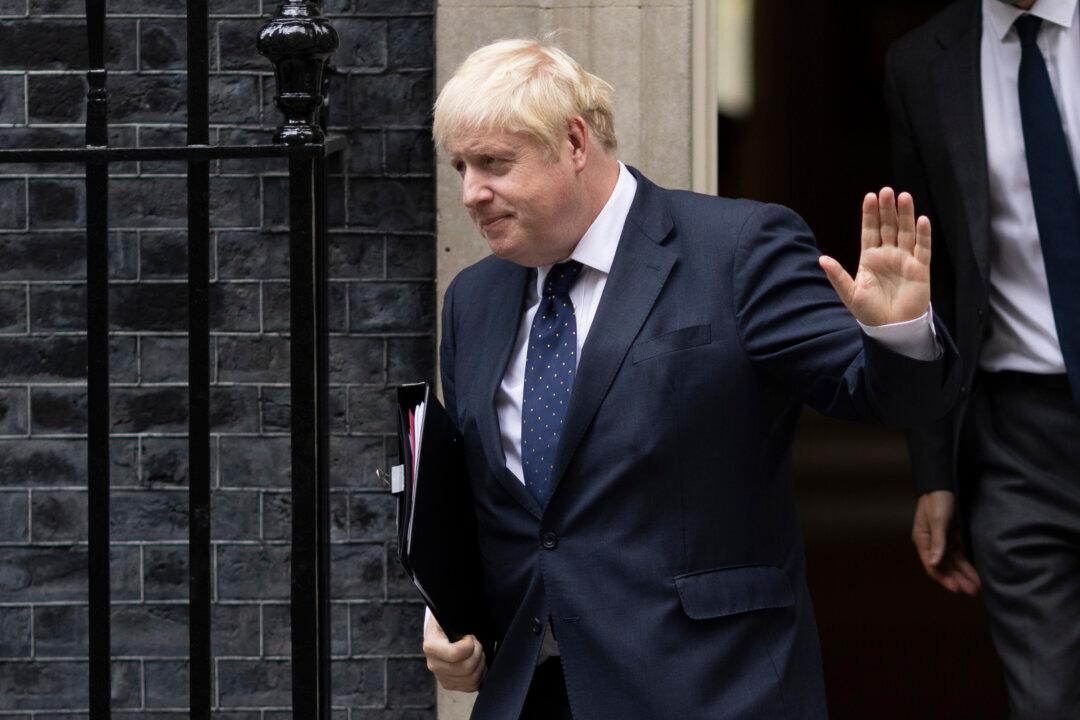British Prime Minister Boris Johnson announced on Tuesday he is raising taxes to pay for the cost of care for the elderly and disabled people, breaking a key election pledge.
In a statement to the House of Commons, Johnson announced a new UK-wide 1.25 percent health and social care levy, which is based on National Insurance contributions.





